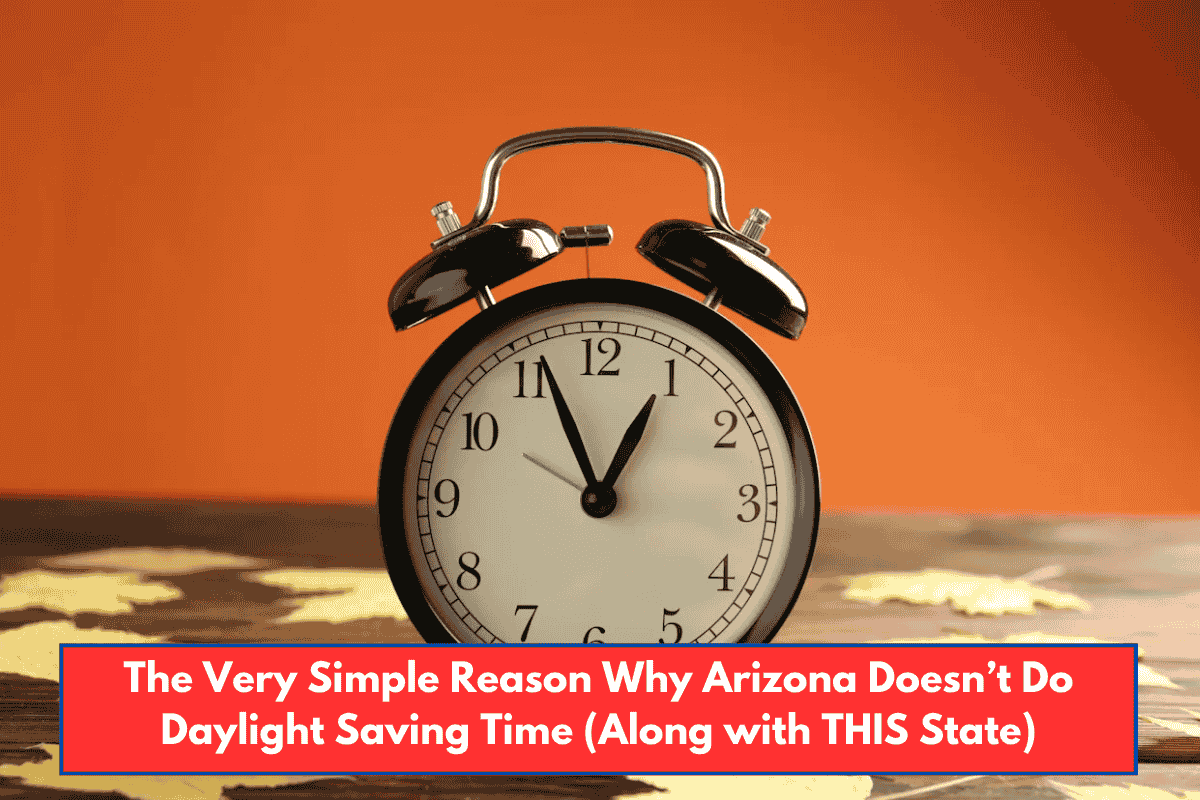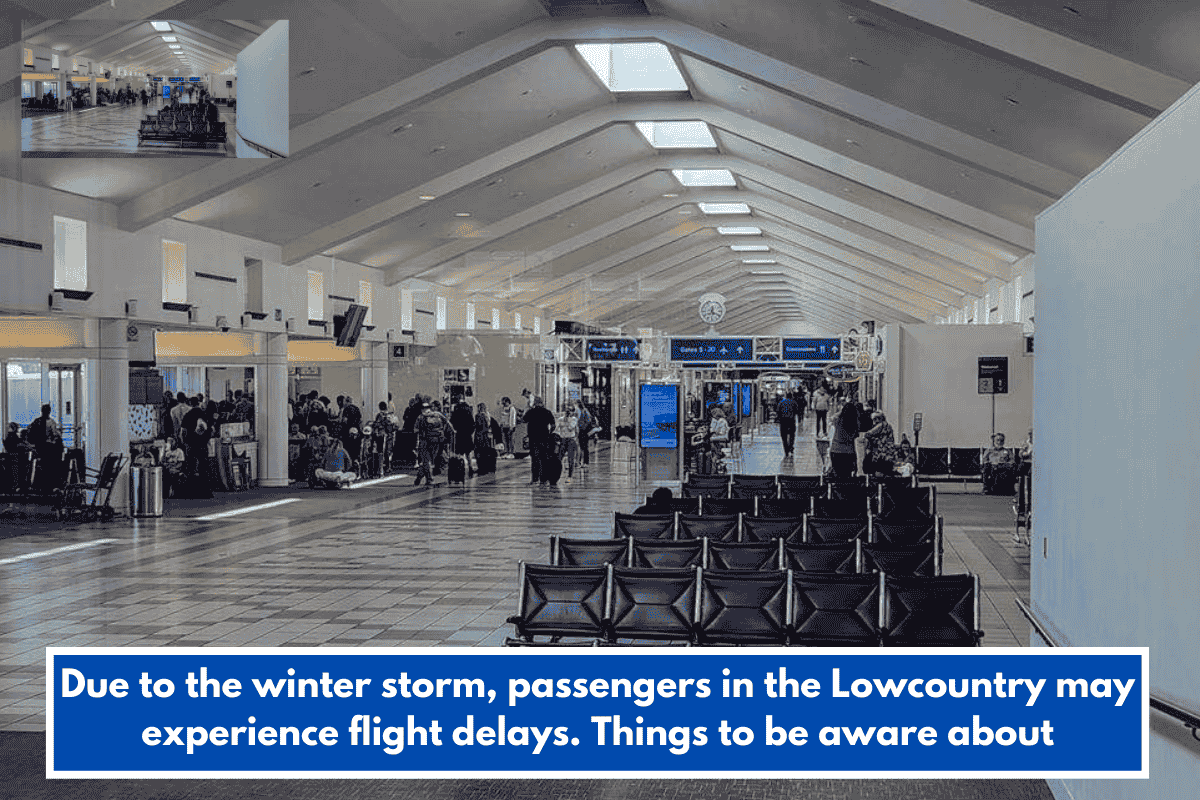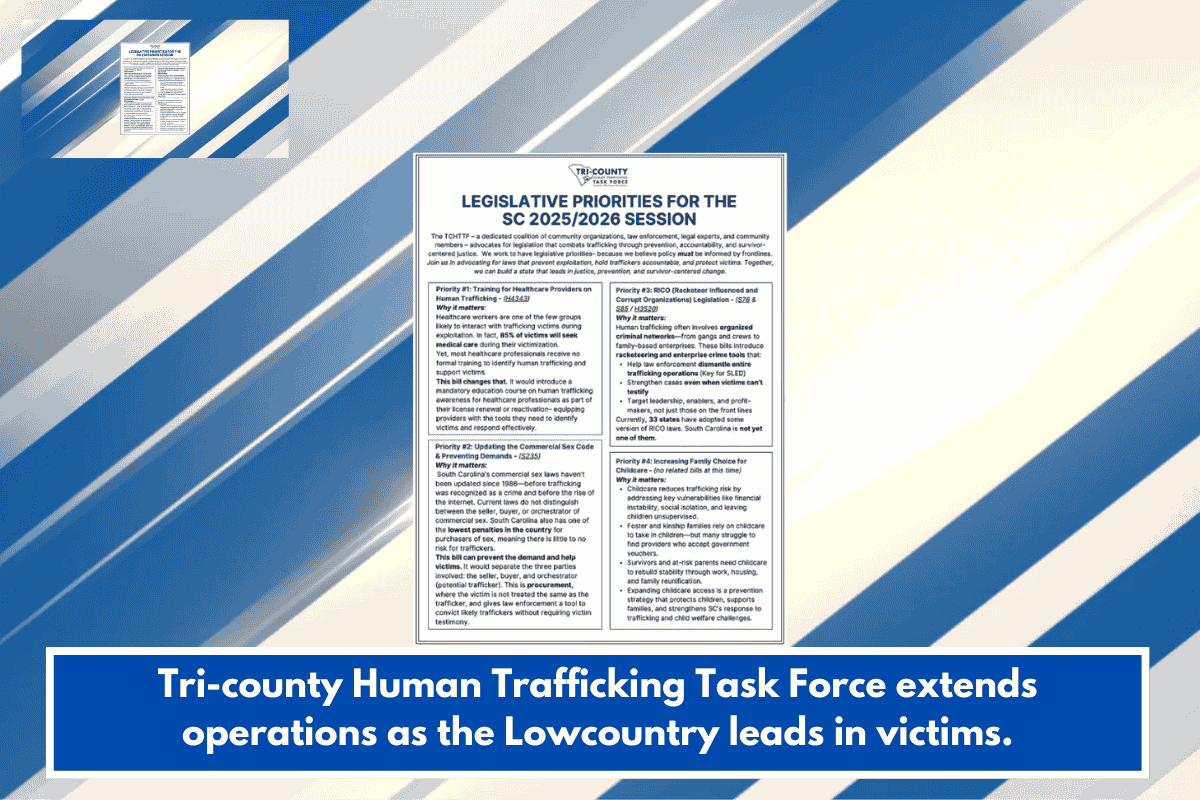Arizona does not observe daylight saving time (DST) because of its hot desert climate and the practical consequences of extending daylight hours into the evening during summer. The state opted out of DST in 1968 after determining that the extra hour of evening sunlight would increase energy consumption due to air conditioning needs, as people would stay active longer into the hot evenings. This would offset any energy savings from shifting the clocks. Arizona residents also disliked having to wait later to enjoy outdoor activities in the evening, as sunset would occur around 9 p.m. in summer, which was inconvenient especially for those working early the next day.
The exception within Arizona is the Navajo Nation, a Native American territory spanning parts of Arizona, Utah, and New Mexico, which observes DST to stay consistent with its lands in neighboring states. The Hopi Reservation, entirely surrounded by the Navajo Nation in Arizona, does not observe DST, resulting in a unique situation with multiple time zone changes in a small area.
Alongside Arizona, Hawaii is the only other U.S. state that does not observe daylight saving time. Due to its proximity to the equator, Hawaii experiences relatively consistent daylight year-round, making seasonal time changes unnecessary.
The very simple reason Arizona doesn’t follow DST is to avoid more energy use and the discomfort of late sunsets in its extremely hot summers. Hawaii shares the exemption due to its constant daylight hours, making these two states unique in the U.S. regarding DST observance.
SOURCES
[1](https://www.cbsnews.com/news/states-without-daylight-saving-time/)
[2](https://www.hindustantimes.com/world-news/us-news/why-do-these-two-american-states-skip-daylight-saving-heres-the-exact-reasons-101741556393362.html)
[3](https://www.britannica.com/story/why-doesnt-arizona-observe-daylight-saving-time)
[4](https://www.phoenixnewtimes.com/news/does-arizona-have-daylight-saving-time-20159266/)
[5](https://en.wikipedia.org/wiki/Time_in_Arizona)














